What is a Hadoop Cluster?
Pickl AI
JULY 29, 2024
Summary: A Hadoop cluster is a collection of interconnected nodes that work together to store and process large datasets using the Hadoop framework. Introduction A Hadoop cluster is a group of interconnected computers, or nodes, that work together to store and process large datasets using the Hadoop framework.




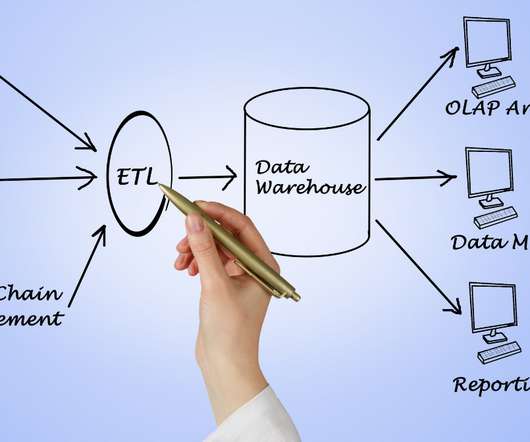





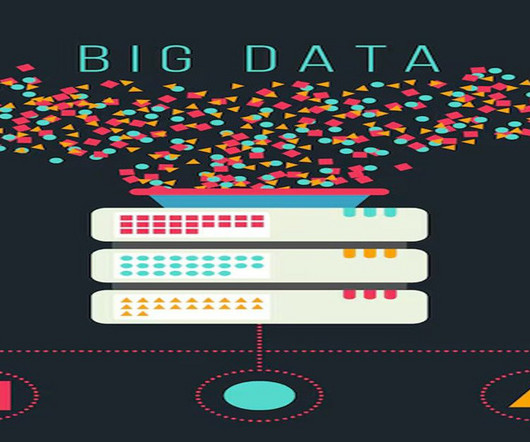
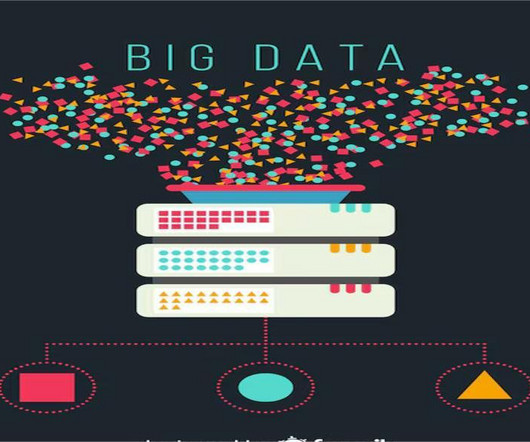

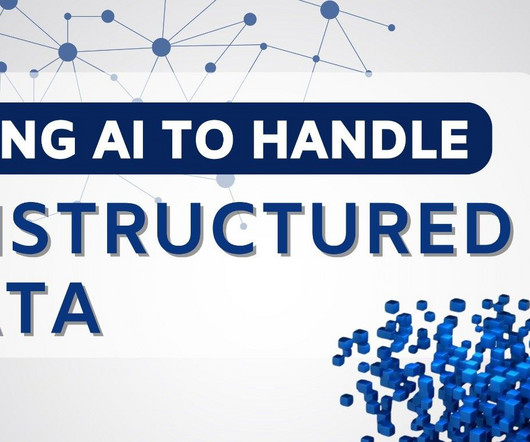
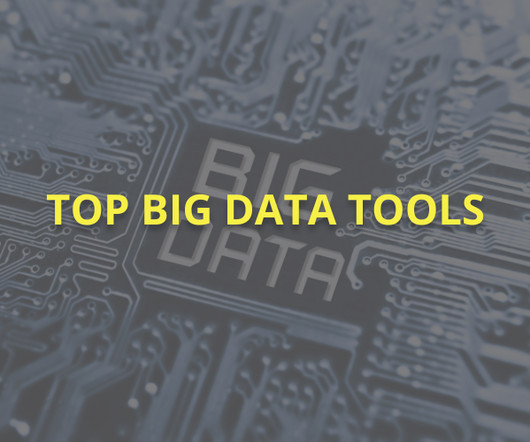







Let's personalize your content